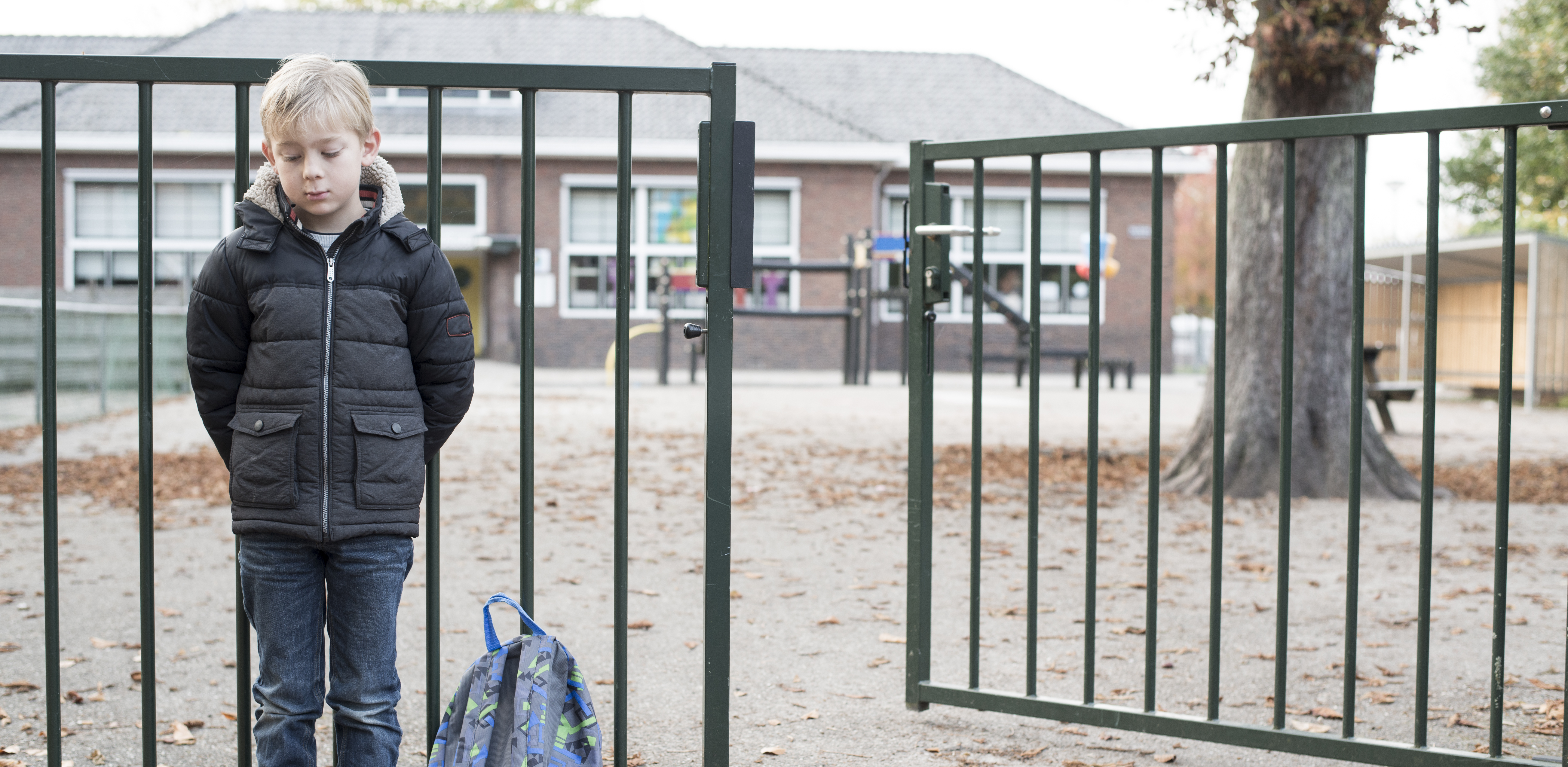Oxford University has collaborated with the Prison Reform Trust to create new resources, including films and briefings, to help criminal justice professionals improve their understanding of the impacts of maternal imprisonment.
It is estimated that 17,000 children every year are affected by maternal imprisonment in England and Wales. 95 per cent (16,000) of these children are forced to leave their homes as their mother’s imprisonment leaves them without an adult to take care of them. Despite this, no government agency has responsibility for ensuring that the welfare of these children is safeguarded and their rights are protected.
Dr Shona Minson, a research associate at Oxford's Centre for Criminology, has assessed the implications of maternal imprisonment for children. The study explored the lived experience of children whose mothers were in prison at the time of interview. It is thought to be the largest study of its kind that has been conducted in England and Wales, and considers the experiences of members of 27 family groups, including 14 children and 22 adults, who were taking care of children during their mother’s imprisonment.
The research findings show that the experience of having a mother in prison not only negatively impacts a child’s relationship with their mother, but can affect every area of their lives including their education, health, and wellbeing. The knock-on effects of stigmatisation may also lead to social isolation and discrimination. The work highlights the importance of considering child dependants and understanding the profound impact that maternal imprisonment can have on children who themselves have done nothing wrong. In the past week research from 2 other countries has been published indicating that parental imprisonment in childhood also contributes to premature death as an adult.
Funded by the Economic and Social Research Council (ESRC) and supported by the Prison Reform Trust's Transforming Lives programme, Dr Minson’s research findings have been used to create information resources for all criminal justice professionals involved in adult sentencing decisions, to support understanding of the impacts of maternal imprisonment on children.
SEE THE FILM IN FULL HERE:
Launched nationwide in January 2018, the resource includes short films and briefing papers, which will be used across the legal profession including by the Judicial College, Magistrates Association, Law Society, Criminal Bar Association and Probation services.
Dr Minson said: ‘My research found that children whose mothers are sent to prison are not afforded any of the same protections or support which are applied to children separated from their parents within the family courts as a result of care proceedings. Children of imprisoned mothers face extremely challenging circumstances which impact not only upon their immediate situations but also their future life chances.’
It is hoped that these resources will ensure that all professionals involved in sentencing, have a more comprehensive understanding of the potential impacts on children if their mother is imprisoned, and this will enable children’s welfare to be effectively safeguarded.
Welcoming the new resources, Jenny Earle of the Prison Reform Trust, said: ‘Most of the solutions to women’s offending lie in the community – and it is especially important where children are impacted that their best interests be considered and their voices be heard.’
